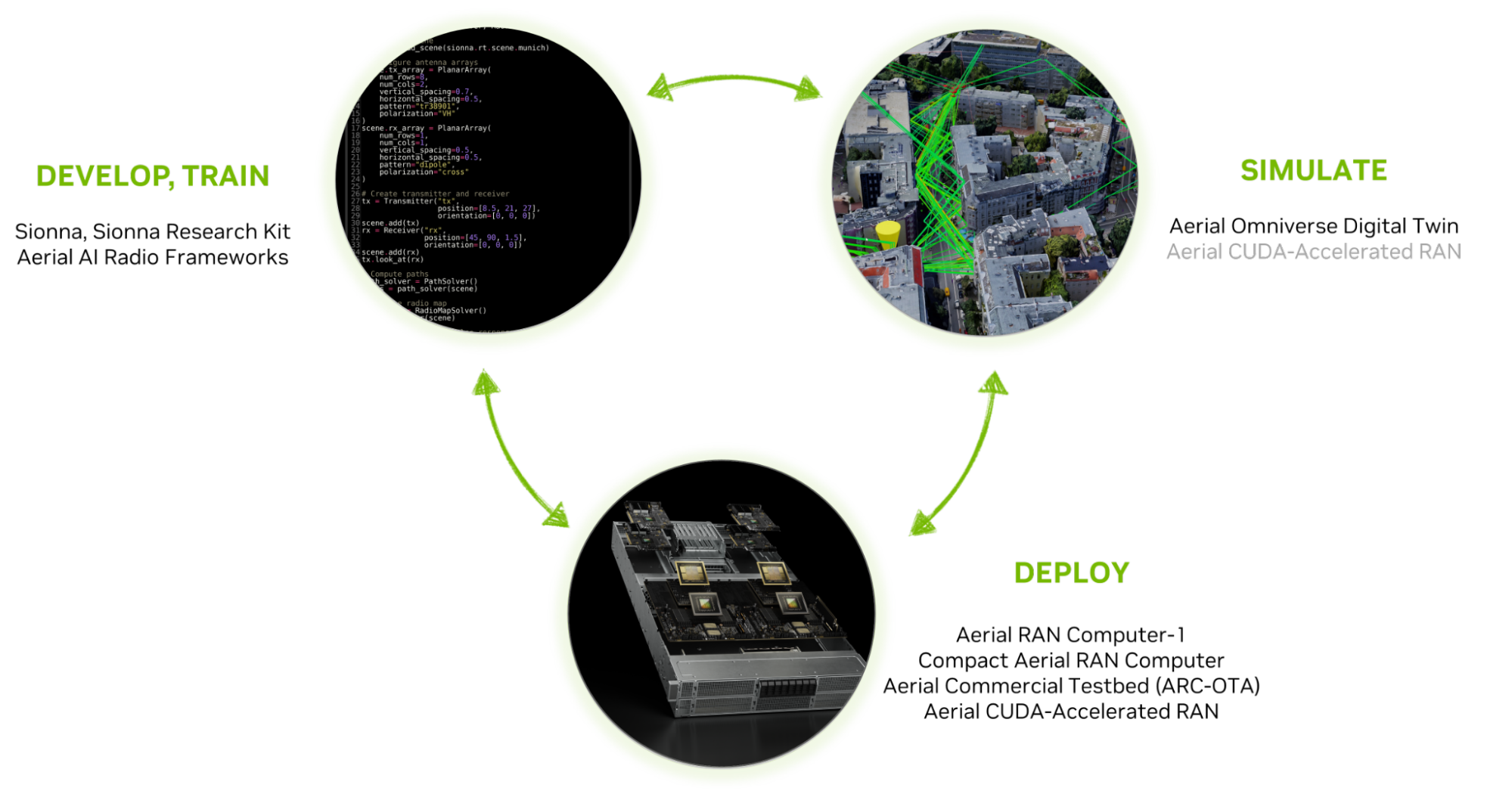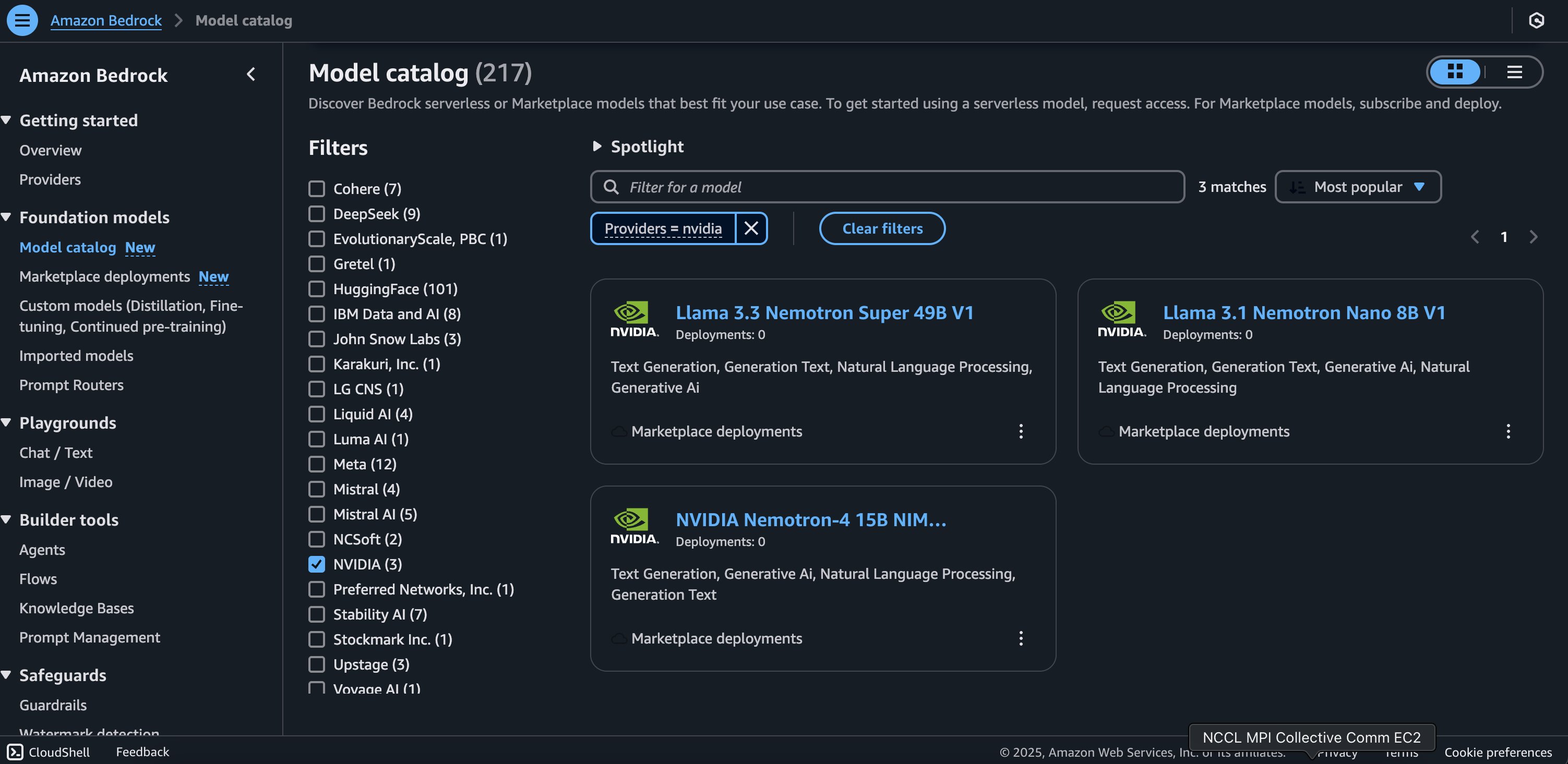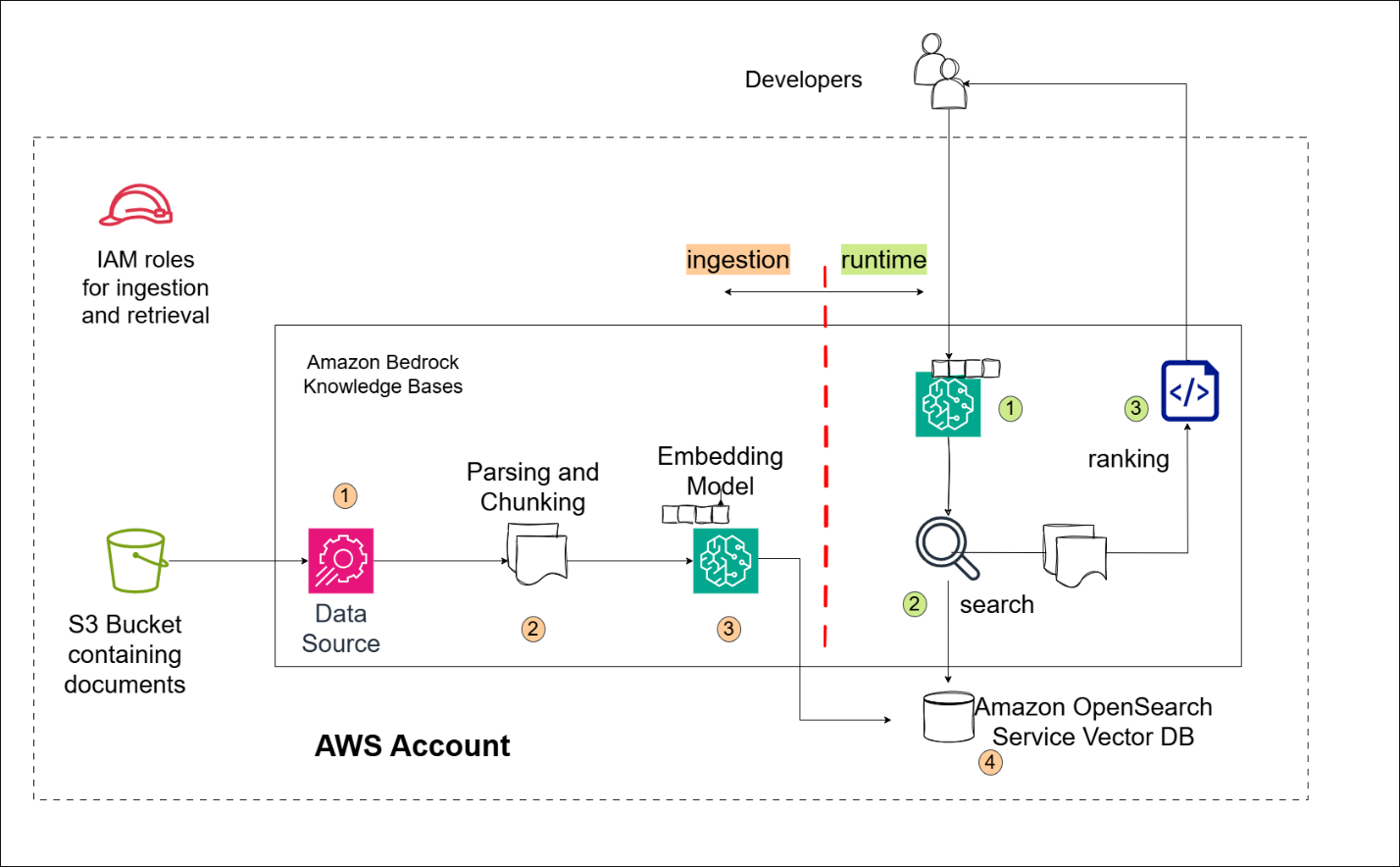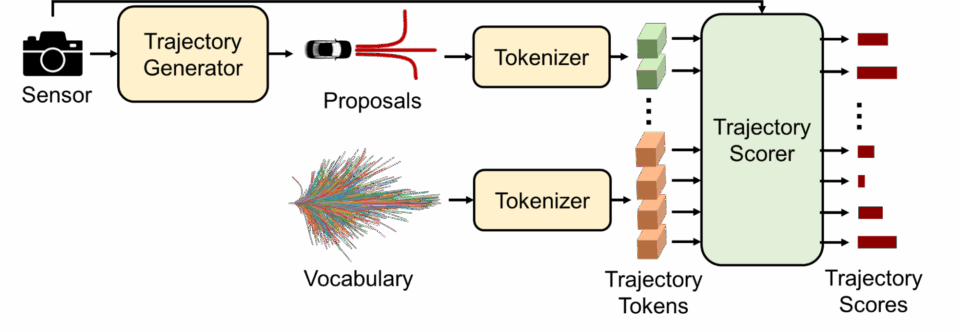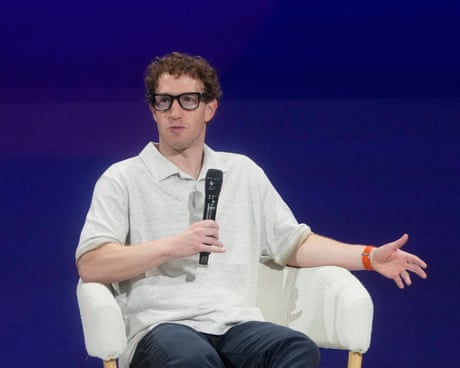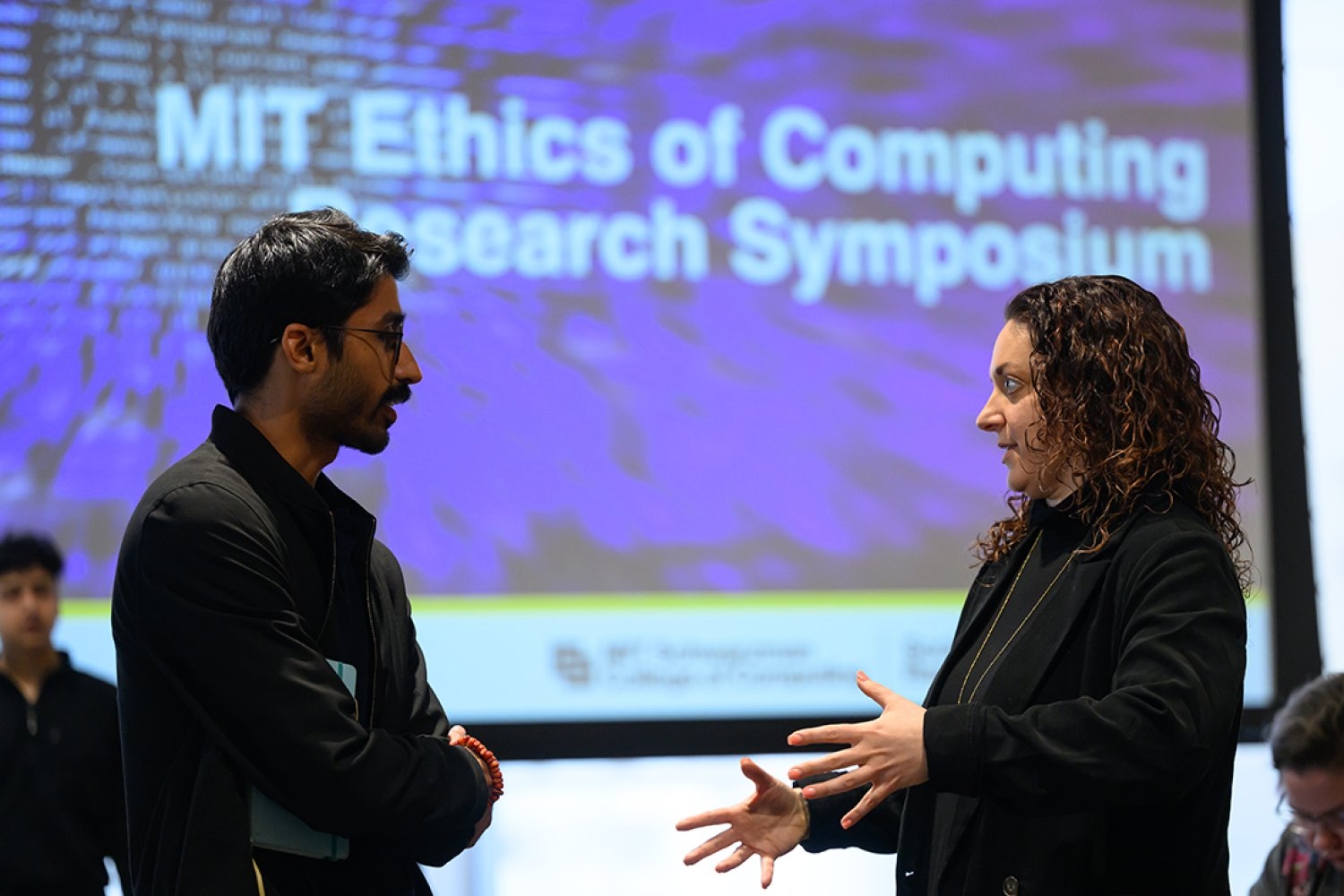Generative AI reshapes digital content creation with NVIDIA RTX GPUs. SD3.5 Large model quantized to FP8, reducing VRAM by 40% for faster, more efficient image generation.
NVIDIA and EBU team up to develop sovereign AI for European public service media, ensuring compliance with European policies and values. The collaboration aims to empower media innovation by providing access to high-quality cloud and AI technologies, fostering workforce development and creating a resilient media landscape.
European telecoms are leveraging NVIDIA for 6G development, integrating AI for innovation and sustainability. Collaboration with U.K. government and leading universities, Finland's real-time network digital twin, and France's OAI partnership highlight cutting-edge advancements in AI-native wireless networks.
Disney and Universal sue AI firm for copyright infringement, accusing Midjourney of creating unauthorized copies of iconic characters like Darth Vader and Elsa. Lawsuit filed in LA federal court labels Midjourney's image generator as a "bottomless pit of plagiarism."
AI tools like ChatGPT are rapidly growing in UK higher education. A recent survey highlights the significant impact of generative AI on students' studies.
NVIDIA releases Llama 3.3 Nemotron Super 49B V1 and Llama 3.1 Nemotron Nano 8B V1 on Amazon Bedrock Marketplace and SageMaker JumpStart for deploying generative AI models at scale with ease. NVIDIA NIM microservices on AWS enable seamless deployment of various generative AI models, including open source community models and custom ones, with industry-standard APIs and minimal code.
MIT researchers have developed a groundbreaking AI hardware accelerator for wireless signal processing that operates at the speed of light, offering a 100x faster and more energy-efficient alternative to digital AI accelerators. This technology could revolutionize future 6G wireless applications and enable real-time AI inference for various high-performance computing tasks, from autonomous vehi...
Adobe Inc. enhances developer productivity with Unified Support, a centralized system providing immediate answers and reducing support costs. Partnering with AWS, Adobe improves retrieval accuracy by 20% using Generative AI, resulting in a more efficient developer experience.
NVIDIA's CEO Jensen Huang highlights Europe's AI advancements, including the powerful GB200 NVL72 system and partnerships for AI infrastructure. Quantum meets classical with NVIDIA CUDA-Q on Denmark's Gefion supercomputer, accelerating hybrid AI and quantum engineering in the region.
MIT graduate student Alex Kachkine develops a method to physically apply digital restorations onto original paintings, speeding up the process by 66 times. His innovative approach allows for a clear digital record of restoration changes, potentially bringing more damaged art back to the public eye.
NVIDIA wins Autonomous Grand Challenge at CVPR for second year in a row. Introduces Generalized Trajectory Scoring for smarter, safer AVs.
Tim Ayres emphasizes Australia's need to embrace AI benefits to avoid dependency on other countries' supply chains. Labor government plans to regulate AI technology while encouraging discussions on automation's impact on workplaces.
Meta set to acquire 49% stake in Scale AI for $15bn to pursue computerized superintelligence, intensifying AI market competition. Despite AI system shortcomings, Silicon Valley's AI dominance race accelerates.
Björn Ulvaeus challenges artists on copyright protection, claiming AI poses no creative threat. As president of the International Confederation of Societies of Authors and Composers, he advocates for artists against profit-seeking tech companies.
MIT faculty presented pioneering research at the MIT Ethics of Computing Research Symposium, funded by SERC seed grants up to $100,000. Topics included fair kidney transplant algorithms and AI ethics, showcasing the future of ethical computing at MIT.



